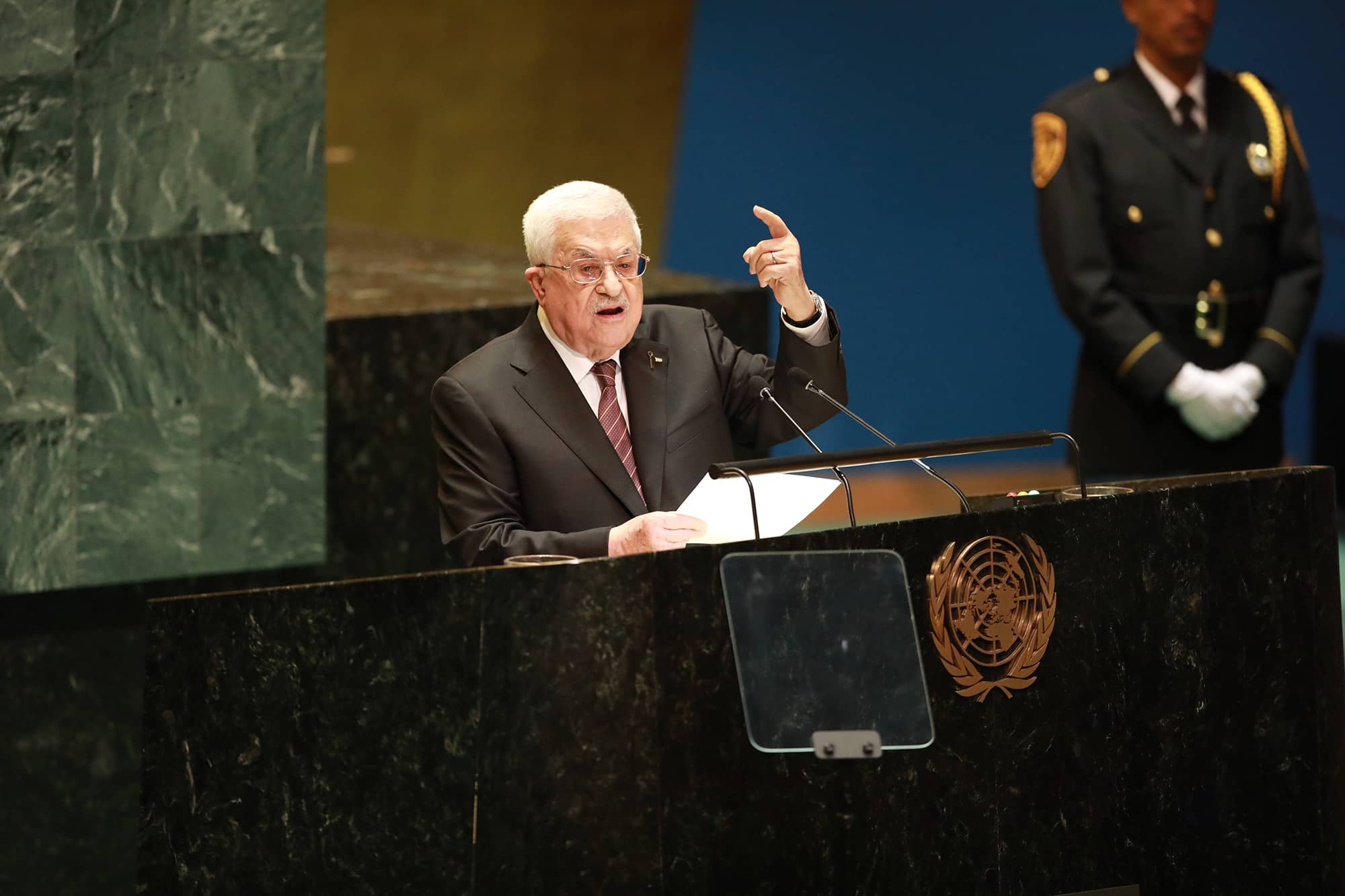Is France’s public quarreling with Iran in recent months a sign that Europe will fall in line with the hardline policies of the U.S. and Israel against the terrorism-supporting Tehran regime?
Experts say that a sea change in that continent’s policy towards the Islamic Republic is unlikely to materialize.
“The French may be publicly voicing stronger rhetoric than their European counterparts on Iran’s missile threat and regional adventurism, but so far have shown no appetite to make their business overtures to Iran conditional on different behavior,” Iran expert Emanuele Ottolenghi, a senior fellow at the Foundation for Defense of Democracies think tank, told JNS.
“Europe favors a unified position in foreign policy, which usually means a watered-down approach to issues unless there is a strong consensus,” he said.
On Dec. 17, Iran described French President Emmanuel Macron as President Donald Trump’s “lapdog” for Macron’s stern rhetoric against the Iranian ballistic missile program. Reuters reported that France’s Foreign Minister Jean-Yves Le Drian, who was in Washington on Dec. 18 to meet with Secretary of State Rex Tillerson, said that Iran’s “hegemonic temptations in the region is a matter of urgency.”
Last month, Macron called for negotiations on Iran’s ballistic missile program. In what seemed to be a response to the French leader’s comments, Hossein Salami, a commander of Iran’s Islamic Revolutionary Guard Corps, said in an interview translated by the Middle East Media Research Institute that “until now, we felt that Europe did not pose a threat to us, so we did not plan the range of our missiles to reach Europe, even though we can.”
Salami warned that “we will extend the range of our missiles to wherever we feel threatened.”
Dr. Emmanuel Navon, a researcher at the recently established Jerusalem Institute for Strategic Studies and a senior fellow at the Kohelet Policy Forum, explained that despite Macron’s remarks, some top French diplomats favor a conciliatory attitude towards Iran.
“Many French politicians, diplomats and analysts see in the 2003 Iraq war an unforgivable mistake that eventually produced ISIS. By contrast, they consider Iran a stabilizing factor against Sunni fundamentalism,” Navon told JNS.















The Kidnapping Threat: Preventing Israel’s Moral Commitment to Hostages from Becoming a Strategic Vulnerability